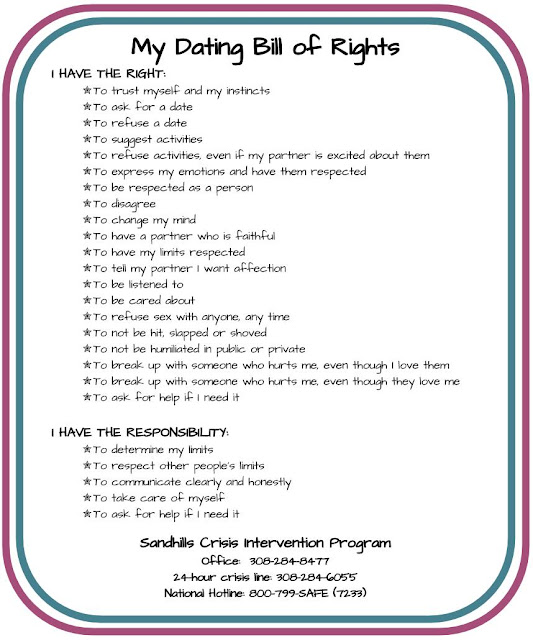Leaving an abusive relationship can be one of the hardest things a person does. But even after your ex is out of your life, sometimes the emotional and mental effects from experiencing abuse can linger on. You may experience feelings of depression, guilt, anger, loss and even symptoms of posttraumatic stress disorder:
- Anxiety
- Trouble sleeping
- Being easily frightened or scared
- Avoiding of stressful triggers that remind you of abuse
- Difficulty maintaining relationships
- Feeling emotionally numb
There is no one way to feel or heal after you leave an abusive relationship.
It may be hard to stop thinking about your old relationship. You may still think about the little comments that your ex said to break you down, make you feel worthless or to make you think that you didn’t deserve better. (Your ex was wrong by the way). You may even think about the nice things that they said and the good times that you had with them.
Being in an abusive relationship, or leaving and getting back together more than once (which is very common) can hurt your self-esteem and make you doubt yourself. If you’re feeling bad, you may even question your decision to leave in the first place. The important thing to remember is that you did leave and that took a lot of strength. Now it is time to channel your courage into healing and getting back to being a happy and healthy you.
The first step toward recovering from any type of traumatic experience is re-establishing your sense of safety. This means feeling confident that your ex won’t harm you anymore (whether that’s by cutting off contact, getting a protective order or even moving) and beginning to find stability in everyday life. Stability looks different for different people. Sometimes it’s just getting back into your school routine again. If you’re older, it can mean finding a steady job and feeling financially secure.
Second, give yourself some time to grieve. It’s normal to feel sad or angry for a while. It’s important to let yourself experience those feelings and to let them out, rather than bottling them up. There are lots of healthy ways you can do this — journaling, writing poetry or songs, creating art, exercising or dancing. In addition to being expressive, all of these activities can slowly help to restore your sense of power over your own life. They can remind you of your strengths and the beautiful things you are capable of creating.
Finally, you reconnect with ordinary life. It can be difficult to remember what life was like before an abusive relationship. You may feel emotionally closed off, and it can be hard to trust people again. Your ex-partner may have even physically isolated you from your friends and family, and you feel you have no one to turn to or that nobody could understand what you have been through.
There are always people to help. Remember that our advocates are available 24/7 for you.
You Deserve to Feel Great!
Although it may difficult, this is the time that you need to focus on you and your own happiness. You never did anything to cause this and you deserve to be happy and feel safe.
What you went through is not who you are.
Healing is a process and through it, you will remember how strong, capable and extraordinary you really are. You will have good and bad times, but every day free from abuse is another piece of yourself that you get back and, eventually, those pieces will come together.
 |
| "Cosmos Flowers" (CC BY-NC 2.0) by TouTouke - Nightfox |
(Article reprinted from LoveIsRespect.org)
If you or someone you know is experiencing domestic violence or dating violence, call the Sandhills Crisis Intervention Program at (877)836-6055 or the National Domestic Violence Hotline at (800)799-7233.









